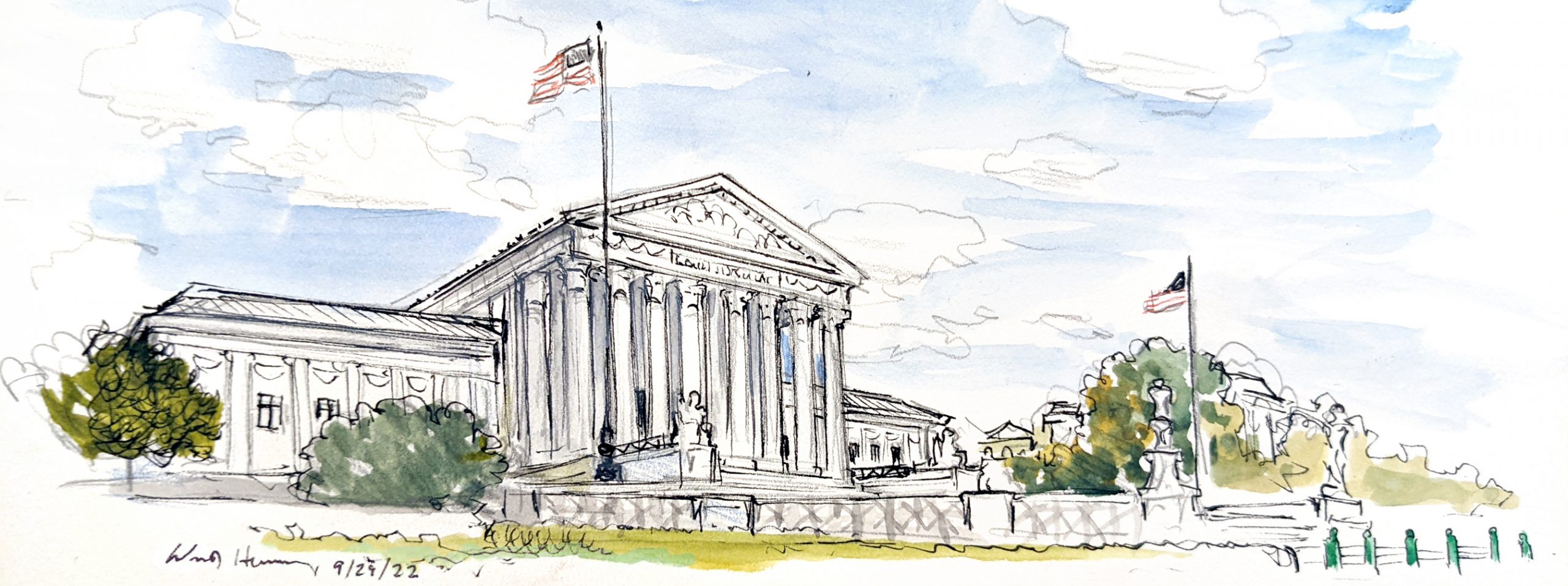SCOTUS NEWS
on Dec 19, 2022
at 1:55 pm

The Supreme Court will hear back-to-back oral arguments on Feb. 28 in a pair of challenges to the Biden administration’s student-loan forgiveness program. The student-loan challenges are the highest-profile cases on the court’s February argument calendar, which was released on Monday morning. The February calendar also includes two cases involving the scope of a federal law that protects social-media companies from being held legally responsible for content that users post on their platforms.
The justices agreed to take up one of the student-loan cases, Department of Education v. Brown, only a week ago. In that case, filed by two student-loan borrowers, a federal judge in Texas blocked the program, holding that the Biden administration lacked the power to adopt the plan. The justices had already agreed to hear a separate challenge to the plan, known as Biden v. Nebraska, brought by six states. In both cases, the justices rejected requests from the Biden administration for permission to temporarily reinstate the program while litigation continues, but they agreed to take up the cases and fast-track them without waiting for the courts of appeals to weigh in.
The week before hearing the student-loan challenges, the court will hear two cases that could reshape legal liability for some of the nation’s largest technology companies. In Gonzalez v. Google, the justices will decide whether Section 230 of the Communications Decency Act of 1996, which generally shields tech companies from liability for content published by others, protects these platforms when their algorithms target users and recommend someone else’s content. The question comes to the court in a lawsuit filed by the family of an American woman killed in an ISIS attack in Paris, alleging that Google (which owns YouTube) aided ISIS’s recruitment through YouTube videos. And in Twitter v. Taamneh, the justices will consider whether Twitter, Facebook, and Google can be held liable, regardless of Section 230, for aiding and abetting international terrorism based on a terrorist group’s use of their generally available platforms.
Here’s the full list of cases scheduled for argument in the February 2023 argument session:
This article was originally published at Howe on the Court.





